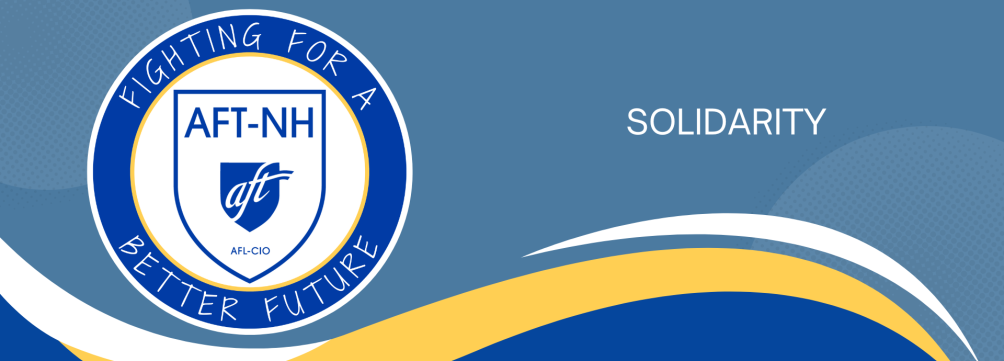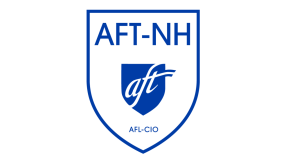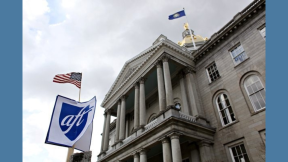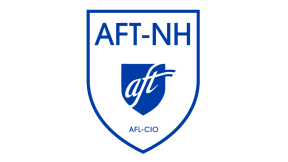AFT-NH Testimony on HB 1298 Relative to the Licensing of Parttime Teachers
From Debrah Howes, President AFT-NH
Thank you, Chair Ward and Members of the House Education Committee. Thank you for reading my testimony.
My name is Debrah Howes. I am president of the American Federation of Teachers – New Hampshire.
I am here to speak on behalf of our 3700 members across the state, as well as the students, families, and communities we serve. Our members include preK through 12 public school educators and support staff, university faculty as well as town employees. I am here today to testify in opposition to HB 1298 Relative to the Licensing of Part-time Teachers.
We all want to do what is best for our students in our local neighborhood public schools. We want them to have challenging academics in fully staffed schools, but we also want them to have engaging lessons, carefully designed learning experiences and content communicated in a way that meets their learning needs. Being a content area expert is not the only requirement to be successful as a teacher. Hiring content area experts who are not certified educators to teach students, even if limited to parttime, would put students’ learning needs behind the appearance of filling positions.
MORE






